Uncategorised
+ more newsOxygen
Thursday, 07 February 2013
|
Oxygen (O2) is essential for nearly all multicellular life. Subsurface oxygen concentrations reflect a balance between supply through circulation and ventilation and consumption by respiratory processes. Changes in either of these processes is susceptible to lead to changes in O2 distribution. A global ocean O2 observing network will act as a sensitive early warning system for trends that climate change is causing. Ocean deoxygenation (decline in O2 concentration) is under way in part because of ocean warming and increased stratification, but also because of increased nutrient loads in the coastal ocean. Deoxygenation has been largely under the radar to most people including policy advisers and decision makers. Yet it is deoxygenation that will have profound implications not just for ecosystems but also for communities and economies that depend on a healthy ocean. It is one of the prices we are now paying for the fact that the ocean has been shielding us from the worst effects of climate change which would otherwise have resulted from the continuing excessive emissions of carbon dioxide and other greenhouse gases.
To find out about IOCCP's role in coordinating global ocean O2 observations, click on the Current IOCCP Activities tab below.
Changes in ocean oxygen content
(left) Global map showing coastal sites (purple dots) and open ocean sites (red to yellow, at 300 m of depth) where O2 levels are below 2 mg-L-1 (Adapted from Breitburg et al., 2018). (right) Change in oxygen content of the global ocean in mol-O2 m-2-decade-1. (From Breitburg et al., 2018)
|
Responsible SSG Member
OXYGEN EOV
Information Exchange:
|
Ocean interior observations
Thursday, 07 February 2013
|
Ship-based hydrography remains the only method for obtaining high-quality, high spatial and vertical resolution measurements of a suite of physical, chemical, and biological parameters over the full water column on a global scale. Only ship-based hydrography can document ocean changes throughout the water column, including the deep ocean below 2 km (52% of global ocean volume not sampled by profiling floats). This is especially true for carbon-cycle parameters which are not routinely sampled on profiling floats due to instrumental obstacles that still need to be overcome. In 2007 the IOCCP and CLIVAR communities established the Global Ocean Ship-based Hydrographic Investigations Program (GO-SHIP) to develop a strategy and establish a set of criteria for a globally coordinated network of repeat coast-to-coast hydrographic sections.
Biogeochemical-Argo aims at developing a global network of biogeochemical sensors on Argo profiling floats. The concept of global robotic biogeochemical measurements was articulated in a Community White Paper (Gruber et al., 2007) that was supported by IOCCP and the US Ocean Carbon and Biogeochemistry Program (US-OCB). Through the work of subsequent scoping workshops, working groups and resulting white papers, recommendations for implementation of integrated deployments of larger numbers of profiling floats with biogeochemical sensors were put forward. Biogeochemical-Argo is poised to address a number of grand challenges in ocean science and in the management of ocean and global resources. Its development, as described in the Implementation Plan, will compliment ship-based observations and further our capacity to study biogeochemical phenomena related to ocean carbon uptake, oxygen minimum zones, inorganic nutrient cycling, ocean acidification and export fluxes.
|
ship-based observations Responsible SSG Member
autonomous observations Responsible SSG Member (Vacant)
INORGANIC CARBON EOV
|
||||
Opportunities for Collaboration
This section is where we try to list opportunities as well as instrumental and personnel needs in connection with planned hydrographic cruises around the globe, as advertised by our community. These opportunities may refer to planned GO-SHIP repeat hydrography cruises or to other hydrographic efforts. Please see the list of current opportunities and needs below. If you'd like to add to the list, please send an email to the IOCCP Office at This email address is being protected from spambots. You need JavaScript enabled to view it..
POGO Calls for Shipboard Fellowship
|
|||||
GO-SHIP Reference Lines of 2012-2023 Survey
Biogeochemical Argo network status

|
STATUS and PLANS FOR REpeat sections Status map of GO-SHIP reference sections for the 2012 - 2023 Survey
GO_SHIP global cruise plan - updated in December 2020
Data and Information
Manuals and guides GO-SHIP Repeat Hydrography Manual: A collection of Expert Reports and Guidelines
|
RELATED PROGRAMS U.S CO2/Repeat Hydrography Program
RELATED WORKSHOPS GAIC 2015: "Sustained ocean observing for the next decade," a combined GO-SHIP/Argo/IOCCP conference on physical and biogeochemical measurements of the water column 14-18 September 2015 - Galway, Ireland Meeting website: http://www.gaic2015.org/
|
||||||
Instruments and sensors
Thursday, 07 February 2013
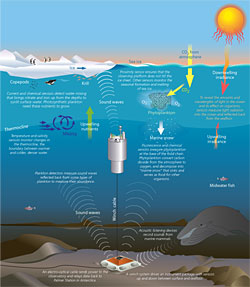 source: WHOI source: WHOI |
IOCCP promotes the development and adoption of necessary measurements and measurement technology for the benefit of marine biogeochemistry sustained observations, and the global ocean observing system as a whole. Apart from developing and supporting training activities for users of observing technologies, we want to keep the community up to date with the latest information on the instruments, sensors and platforms used around the globe. On this website, you will find a directory of commercially available hardware (sensors and instruments), references listing documents on standards, best practices and user guides, other potentially useful resources (e.g. technical reports), and links to projects and programs dedicated to developing and implementing new technology. To find out about IOCCP's specific role in the process, click on the IOCCP Activities tab below.
If there's any information you would like to see added to the website, please contact the This email address is being protected from spambots. You need JavaScript enabled to view it..
|
Responsible SSG Member
|
Instruments and sensors: hardware directory
Thursday, 07 February 2013
This directory provides information about sensors and instruments developed and used by the ocean carbon research community. We try to list hardware that is available "off the shelf". Occasionally we decide to list instruments / sensors that are not yet commercially available but underwent substantial tests and can be obtained from developers. Information provided by developers and commercial partners might sporadically become out-dated. Please contact us with suggestions for updates. IOCCP does not, in any way, "endorse" hardware listed below. To add a sensor or instrument to this directory, please contact the IOCCP Office at This email address is being protected from spambots. You need JavaScript enabled to view it..
Observations-Modelling Interface
Thursday, 07 February 2013
|
IOCCP recognizes the modelling community as an important stakeholder in sustained ocean observations. By opening this new theme in its portfolio of coordination and communication activities, IOCCP has committed to support international efforts to strengthen the interface between marine biogeochemistry observations and modelling. This theme supports a number of our Terms of Reference, including to "facilitate a dialogue with stakeholders to implement a scientifically and economically effective, fit-for-purpose observing system for ocean carbon and biogeochemistry" and to "promote the integration of ocean carbon and biogeochemistry information into research and assessments."
Better integration of biogeochemical models and observations There is a need for better integration of biogeochemical models and observations. IOCCP will support ongoing and propose new activities leading to enhanced and optimized usage of remote sensing products and global in situ observations of biogeochemical EOVs in global and basin-scale biogeochemistry modeling. In order for the modelling community to move beyond statistical evaluation of models with data, one must consider the following questions:
Particular attention is paid to improving models through best use of the extensive coverage and high frequency of data coming from Biogeochemical Argo and other autonomous platforms.
From: Chai, F., Johnson, K.S., Claustre, H., Xing, X., Wang, Y., Boss, E., Riser, S., Fennel, K., Schofield, O., Sutton, A. (2020). Monitoring ocean biogeochemistry with autonomous platforms. Nature Reviews Earth and Environment 1, 315–326. https://doi.org/10.1038/s43017-020-0053-y
Connecting open ocean and coastal biogeochemical modelling communities One of the goals for coordination work under this theme will thus be to address the question of how to connect land, estuarine, coastal seas, and open ocean through an integrated observing and modelling framework. This needs to consider the following aspects:
All activities related to IOCCP's role in strengthening the interface between global biogeochemistry observations and modelling will be covered in articles found under the IOCCP Activities tab below.
|
Responsible SSG Member (Vacant)
|
Particulate Matter
Thursday, 07 February 2013
|
The oceans are teaming with particles operationally defined as the size fraction > 0.2μm but excluding swimming organisms. These include bacteria and plankton as well as non-living inorganic materials such as atmospherically deposited dust and sediments as well as organic particles. Some biogenic particles form carbonate shells and are thus affecting and being affected by ocean acidification. Besides composition, the size of a particle is a critical parameter as both surface area related processes (e.g. dissolution, adsorption) as well as settling depend on the square of the particle size. Particles play a key role in transport of nutrients and pollutants from land to ocean as well as transporting organic materials produced near the ocean’s surface to depth. The latter is controlled by biological processes such as particle aggregation and settling, zooplankton vertical migration, as well as mediated by physical processes such as subduction and mixed-layer dynamics. This transfer of food as well as atmospheric CO2 to the deep ocean is critical for life at the unlit parts of the oceans and to the sequestration of atmospheric carbon and hence directly relevant to climate change.
Rationale for IOCCP to be concerned with Particulate Matter Particulate matter (PM) is a highly reactive pool of carbon and hence of interest to the IOCCP. Commercial technologies/methodologies for the measurements and characterization of PM have been continuously improving since the 70s (including with Space-based assets) and there is a need to update and cross-compare them on a regular basis as well as to train new scientists and produce best practice protocols. In addition, relevant data repositories need to be known and be interoperable to maximize the use of the data. The IOCCP would like to take a leadership role in these activities in coordination with other relevant parties (e.g. IOCCG, US OCB).
All future IOCCP activities in coordinating particulate matter observations in the ocean will be reported on under the IOCCP Activities tab below.
Interplay between particle characteristics, mode of export, delivery path and ocean-circulation
From: Boyd, P.W., Claustre, H., Levy, M. et al. (2019). https://doi.org/10.1038/s41586-019-1098-2.
|
Responsible SSG Member (Vacant)
PARTICULATE MATTER EOV OCEAN COLOUR EOV
|
Ocean Interior Observations-NEW
Thursday, 07 February 2013
|
Ship-based hydrography remains the only method for obtaining high-quality, high spatial and vertical resolution measurements of a suite of physical, chemical, and biological parameters over the full water column on a global scale. Only ship-based hydrography can document ocean changes throughout the water column, including the deep ocean below 2 km (52% of global ocean volume not sampled by profiling floats). This is especially true for carbon-cycle parameters which are not routinely sampled on profiling floats due to instrumental obstacles that still need to be overcome. In 2007 the IOCCP and CLIVAR communities established the Global Ocean Ship-based Hydrographic Investigations Program (GO-SHIP) to develop a strategy and establish a set of criteria for a globally coordinated network of repeat coast-to-coast hydrographic sections.
Biogeochemical-Argo aims at developing a global network of biogeochemical sensors on Argo profiling floats. The concept of global robotic biogeochemical measurements was articulated in a Community White Paper (Gruber et al., 2007) that was supported by IOCCP and the US Ocean Carbon and Biogeochemistry Program (US-OCB). Through the work of subsequent scoping workshops, working groups and resulting white papers, recommendations for implementation of integrated deployments of larger numbers of profiling floats with biogeochemical sensors were put forward. Biogeochemical-Argo is poised to address a number of grand challenges in ocean science and in the management of ocean and global resources. Its development, as described in the Implementation Plan, will compliment ship-based observations and further our capacity to study biogeochemical phenomena related to ocean carbon uptake, oxygen minimum zones, inorganic nutrient cycling, ocean acidification and export fluxes.
|
autonomous observations
Responsible SSG Member (Vacant)
ship-based observations Responsible SSG Member |
Sponsors
Thursday, 07 February 2013
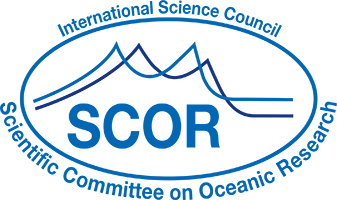 |
The Scientific Committee on Oceanic Research (SCOR) is the leading non-governmental organization for the promotion and coordination of international oceanographic activities. SCOR science activities focus on promoting international cooperation in planning and conducting oceanographic research, and solving methodological and conceptual problems that hinder research.
|
 |
The Intergovernmental Oceanographic Commission (IOC) of the United Nations Educational, Scientific, and Cultural Organization (UNESCO) was established to promote international and intergovernmental coordination of programs in marine research, services, observation systems, hazard mitigation, and capacity development in order to understand and better manage the nature and resources of the ocean and coastal areas. Exchange of data and information, standardization of procedures and intercomparison of methods and equipment remain amongst IOC-UNESCO’s top priorities and the IOCCP helps to fulfil these in the marine biogeochemistry realm.
|
Background
Wednesday, 06 February 2013
Ocean carbon research, observations, and modelling are conducted at national, regional, and global levels to quantify the global ocean uptake of atmospheric CO2 and to understand controls of this process, the variability of uptake and vulnerability of carbon fluxes into the ocean. These science activities require support by a sustained, international effort that provides a central communication forum and coordination services to facilitate the compatibility and comparability of results from individual efforts and development of the ocean carbon data products that can be integrated with the terrestrial, atmospheric and human dimensions components of the global carbon cycle.
As early as 1979, the Scientific Committee on Oceanic Research (SCOR) and the Intergovernmental Oceanographic Commission (IOC) of the United Nations Educational, Scientific and Cultural Organization (UNESCO) recognized the importance of the ocean’s role in global climate change and formed the first Committee on Climate Change and the Ocean (CCCO) which, in 1984, established a CO2 Advisory Panel, to provide international coordination for ocean carbon and biogeochemical measurements. The Panel called for a carbon observation program and sampling strategy that could determine the global oceanic CO2 inventory to an accuracy of 10-20 petagrams of carbon (Pg C), which was at least twice as accurate as the best estimates at the time.
In 1987, SCOR and the International Council of Scientific Unions (ICSU, now the International Council for Science) gathered the leading experts on ocean carbon cycle science for a meeting in Paris to agree on the goals, scientific elements, and organizational structure for an internationally coordinated research project known as the Joint Global Ocean Flux Study (JGOFS). Meeting participants recognized that understanding the ocean carbon cycle would be central to JGOFS and that global oceanic CO2 measurements would be critical to that understanding. At the same time, the international physical oceanographic community was also organizing the World Ocean Circulation Experiment (WOCE). At the intersection of the WOCE and JGOFS projects was an opportunity for a comprehensive global survey of ocean carbon distributions that could accomplish the CO2 inventory goal set by the CCCO CO2 Advisory Panel. In September 1988, the Joint SCOR-JGOFS-CCCO Advisory Panel on Ocean CO2 was created to provide the primary focal point for international planning and commitments for implementing the carbon observations. The Panel facilitated the standardization of analyses by helping to organize instrument comparison exercises and establishing internationally agreed standard protocols. By January 1994, the Panel had helped produce the protocols for the JGOFS core measurements and the CO2 Methods Handbook which included the use of newly developed Certified Reference Materials (CRMs) for the inorganic carbon measurements.
With the completion of the JGOFS/WOCE field components in the late 1990s and the emergence of the Global Ocean Observing System (GOOS), the CO2 Advisory Panel was restructured as the Joint SCOR-IOC Advisory Panel on Ocean CO2, with a focus on developing recommendations for an ocean carbon observing system, including data management and synthesis activities, and on providing scientific and technical advice on ocean carbon sequestration. This new Panel met for the first time in 2000 and laid the foundations for establishing a global ocean carbon observation system. Although the number of research cruises decreased dramatically at the end of the JGOFS/WOCE program, the number of surface CO2 observations continued to increase. Part of the reason was because of the increasing number of underway CO2 systems deployed on research vessels and commercial Ships of Opportunity (SOOP). The SCOR-IOC Advisory Panel on Ocean CO2 was able to help facilitate the growth of SOOP carbon observations through sponsorship of pCO2 system comparison exercises and its IOC connection to the developing GOOS, which was also outfitting commercial ships with physical oceanographic equipment. The surface pCO2 database had grown from approximately 250,000 measurements in 1997 (30 years’ of observations) to more than 940,000 in 2002. As part of the JGOFS/WOCE synthesis phase, the SCOR-IOC Advisory Panel on Ocean CO2 coordinated the collection and quality control of the publicly available survey data through the Global Ocean Data Analysis Project (GLODAP). Complimentary efforts were started through CARINA and PICES, to gather and archive data sets that were not publicly available so they would not be lost to the community. In 2004, this newly developed GLODAP synthesized dataset together with the revised calculation technique allowed the community to estimate that the total accumulation of anthropogenic CO2 in the ocean between 1800 and 1994 was 118 +/- 19 Pg C, just within the uncertainty goals set by the original SCOR-IOC-CCCO CO2 Advisory Panel 20 years earlier.
In the early 2000s, the existing model of coordination of ocean carbon science activities by a small advisory panel that made recommendations was no longer able to meet the coordination needs of the community. With this incentive, the SCOR-IOC Advisory Panel on Ocean CO2 joined with the newly formed Global Carbon Project (GCP) to develop a pilot project called the International Ocean Carbon Coordination Project (IOCCP). A new approach to international coordination, focused on implementing coordination actions rather than simply providing scientific and technical advice, was developed with support from the sponsor organizations for secretariat support for the project. The IOCCP continued to coordinate a highly diverse set of activities to facilitate the development of globally acceptable strategies, methodologies, practices and standards, homogenizing efforts of the research community and scientific advisory groups as well as integrating ocean carbon programs and activities into globally integrated Earth system observing networks. After two international stakeholders’ meetings, the IOCCP was recognized as a successful model for global-scale coordination and was requested to expand its mandate to include communication and coordination services for the full range of ocean carbon variables (not only CO2) and to assist the global, regional, and national research programs, as requested, with coordination of research activities (not just large-scale observations). In 2005, IOC and SCOR agreed to make the IOCCP a standing project, replacing the CO2 Panel, with new terms of reference approved by the SCOR Executive Council and the 23rd Session of the IOC Assembly.
The IOCCP, with its activities evolving to meet new challenges as the science progresses coordinates a highly diverse set of ocean carbon activities (e.g., repeat hydrography, underway pCO2, ocean time-series stations, ocean acidification, surface and interior ocean synthesis activities, data products, standards and methods) through extensive collaboration and dialogue with the scientific community via national and international organizations, scientific steering committees, scientific workshops, and expert meetings. IOCCP also works closely with numerous research and observation programs to maintain the most up-to-date and accurate information possible.
The IOCCP also works directly with the GOOS-GCOS-WCRP Ocean Observations Panel for Climate (OOPC) and the WMO-IOC Joint Technical Commission on Oceanography and Marine Meteorology (JCOMM) to integrate ocean carbon observation information into the plans of the Global Observing Systems for Climate in support of the United Nations Framework Convention on Climate Change, the World Summit on Sustainable Development, the Group on Earth Observations, and other international and intergovernmental strategies.
To learn more about the history of coordination of the global ocean carbon observations please read ![]() this article article published in the Oceanography magazine by Chris Sabine and colleagues in 2010.
this article article published in the Oceanography magazine by Chris Sabine and colleagues in 2010.
IOCCP CONVEYOR
Monday, 04 February 2013
In 2019, IOCCP decided to modify its communication strategy. As a result, the quarterly newsletter service, The IOCCP Conveyor, was discontinued. To meet the growing demand for rapid and short communications, IOCCP has shifted the communication efforts towards the shorter, frequent and up to date messages distributed via our new Twitter account @ioccp_org. We also encourage you to subscribe to our email newsletter - you can find the subscription button at the lower left corner of our homepage.
You can access the previous issues of the IOCCP Conveyor by following the link below:
The IOCCP promotes the development of a global network of ocean carbon observations for research through technical coordination and communication services, international agreements on standards and methods, and advocacy and links to the global observing systems. The IOCCP is co-sponsored by the Scientific Committee on Oceanic Research and the Intergovernmental Oceanographic Commission of UNESCO. Read more…
Calendar
|
|
IOCCP meetings, IOCCP-related meetings as well as events related to a wider scope in marine biogeochemistry. |





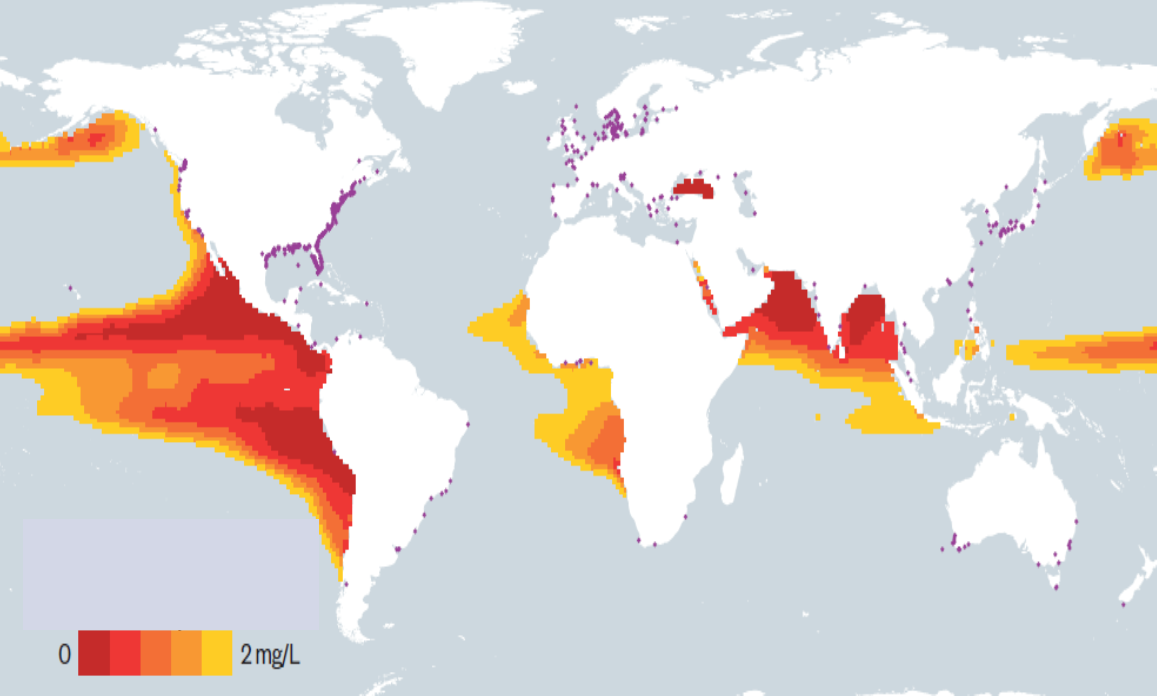
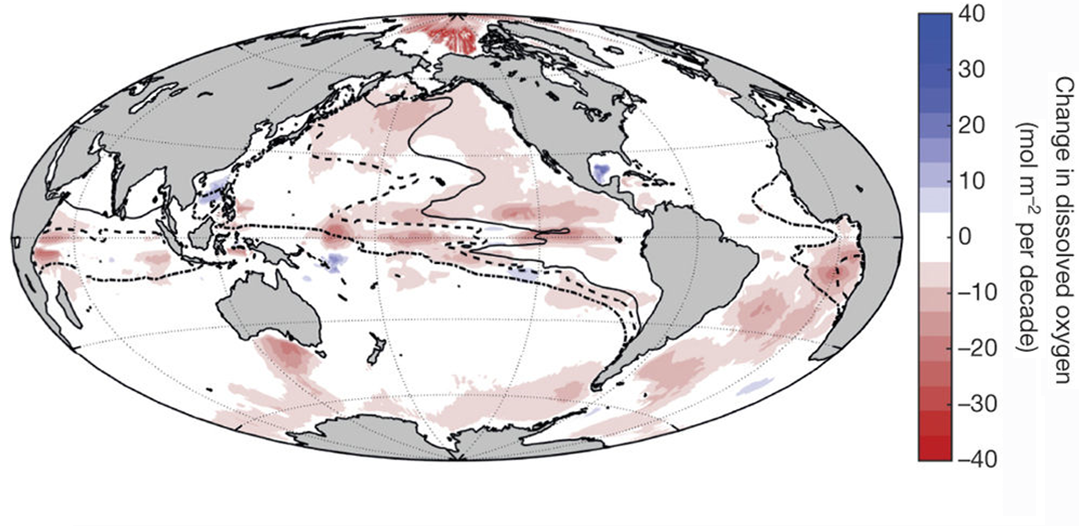
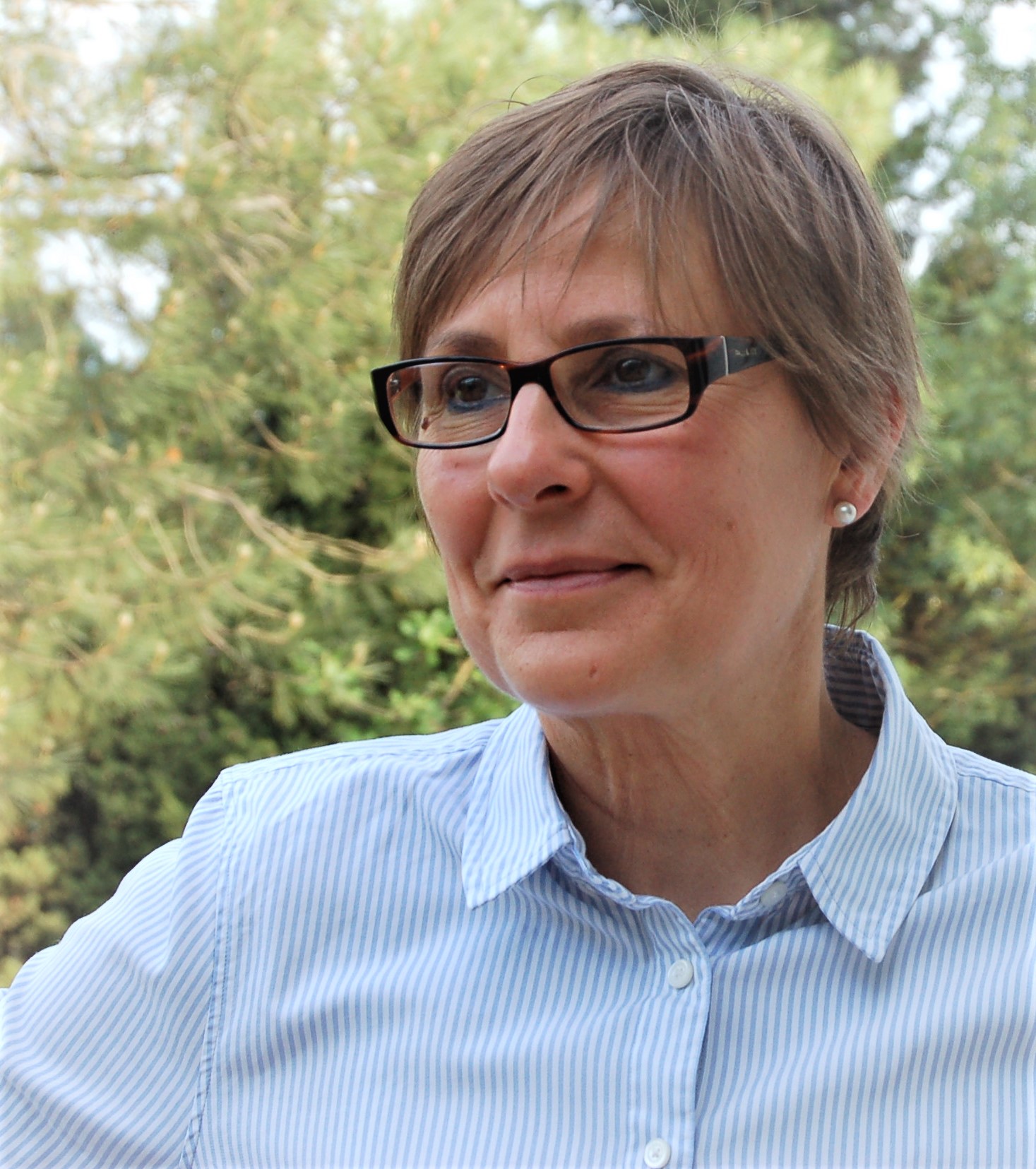
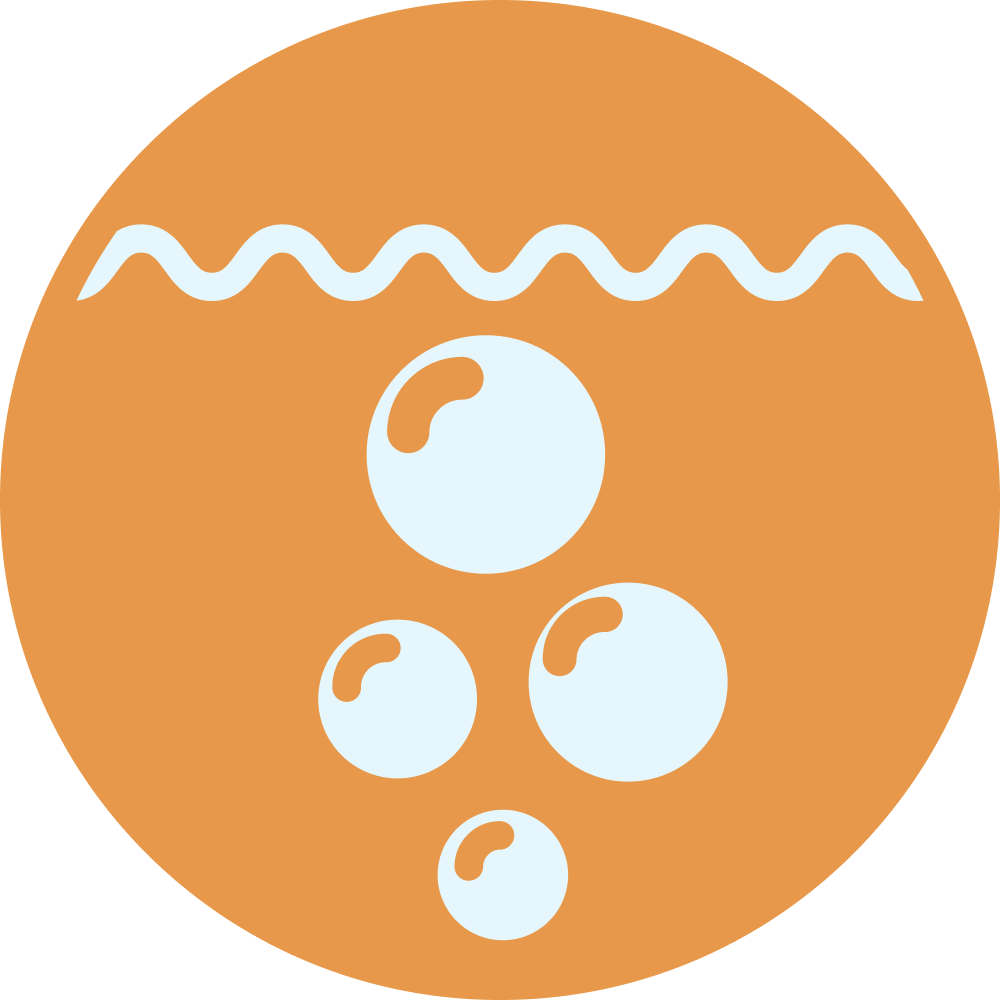
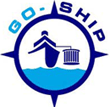
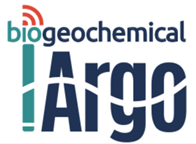
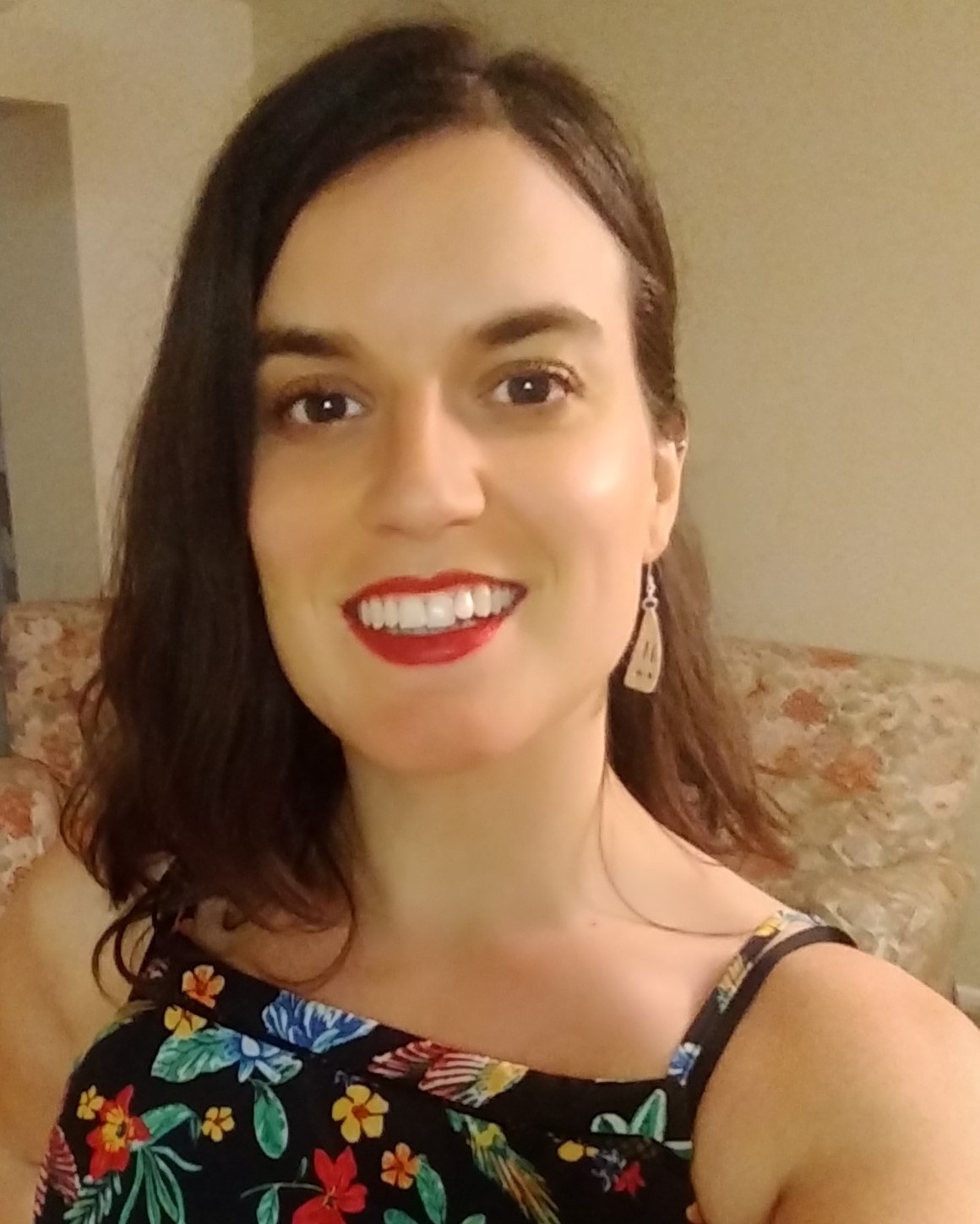
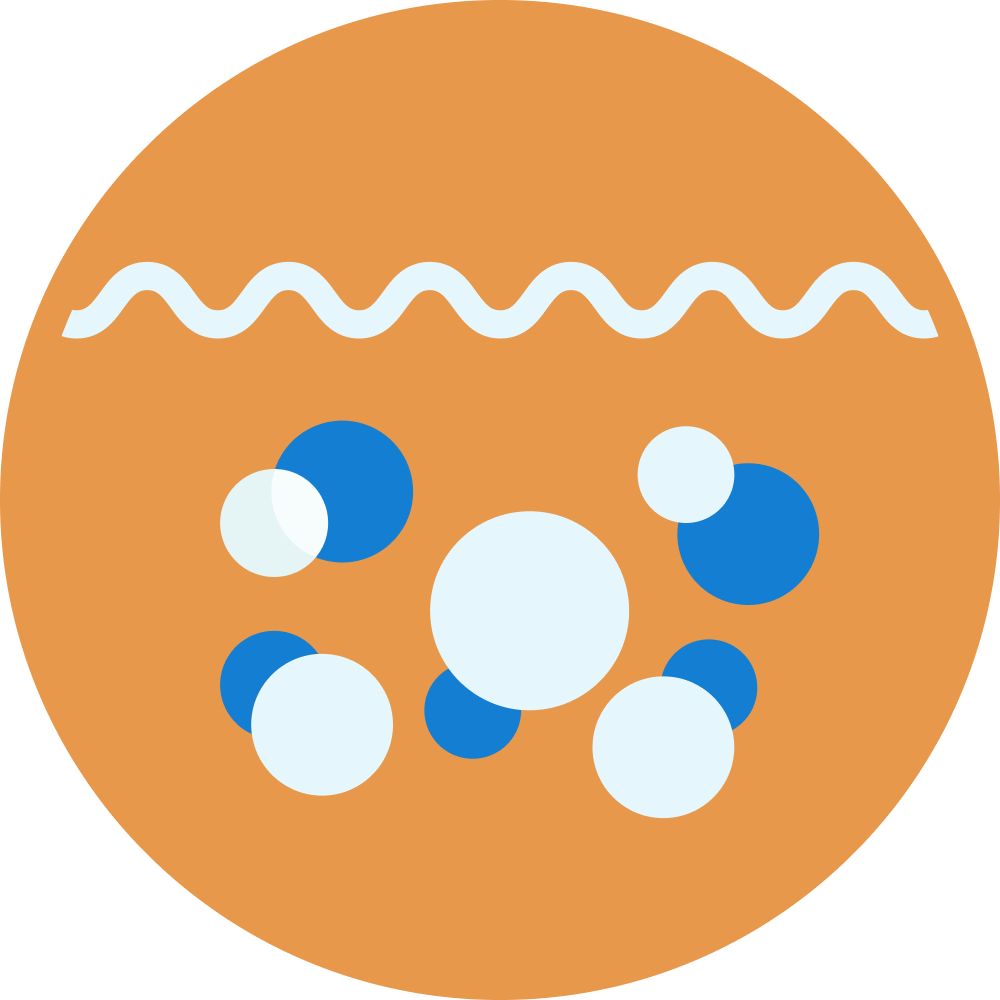
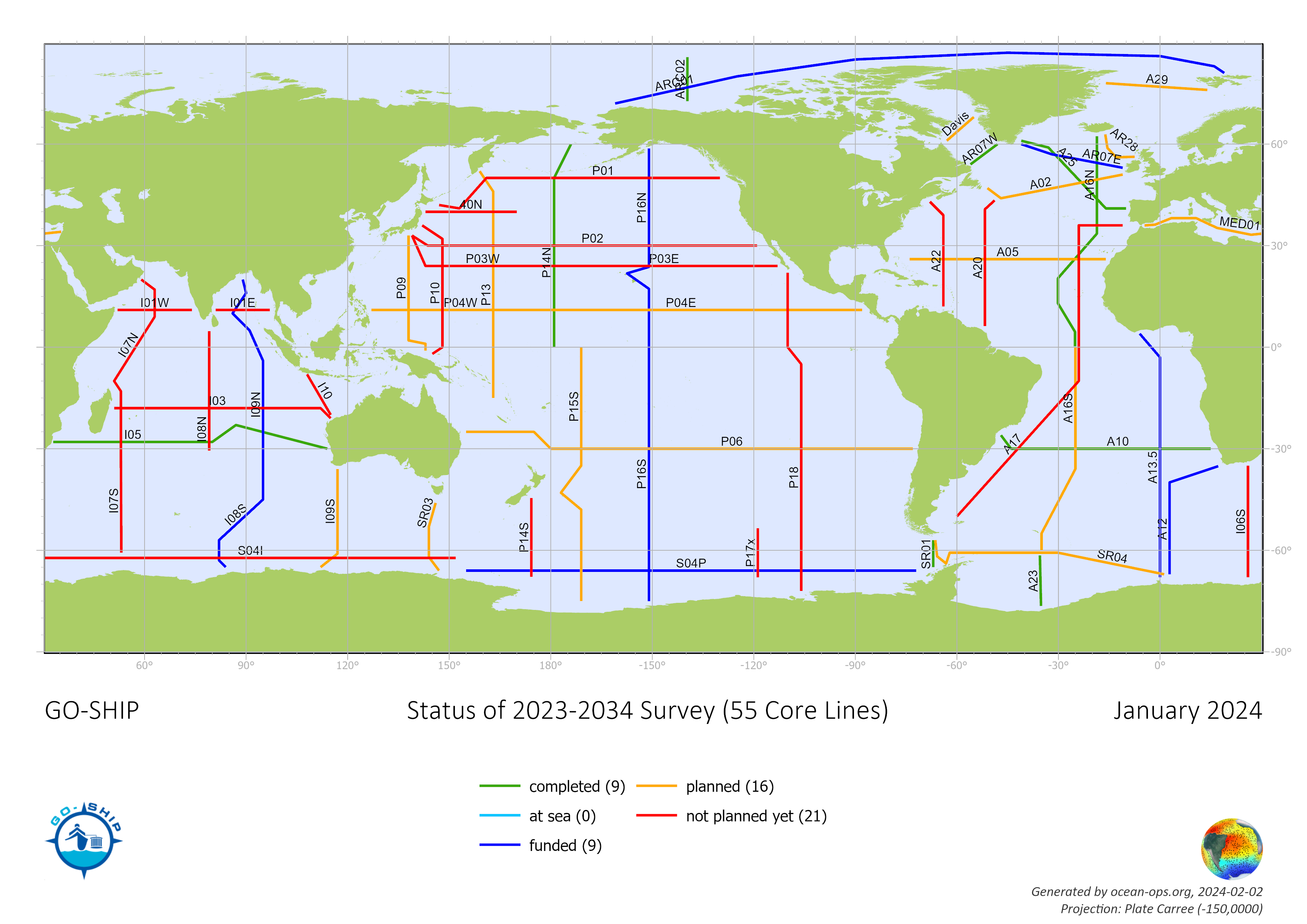

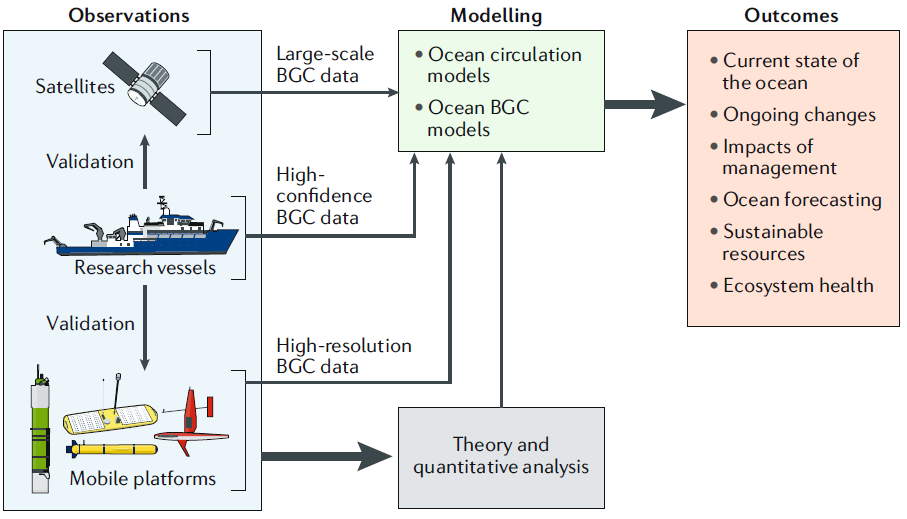
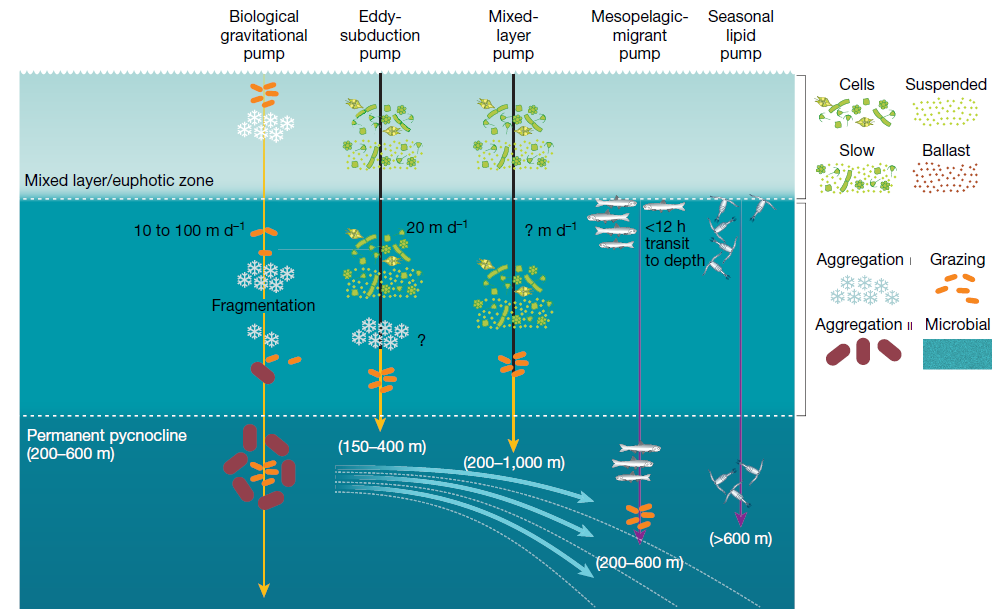
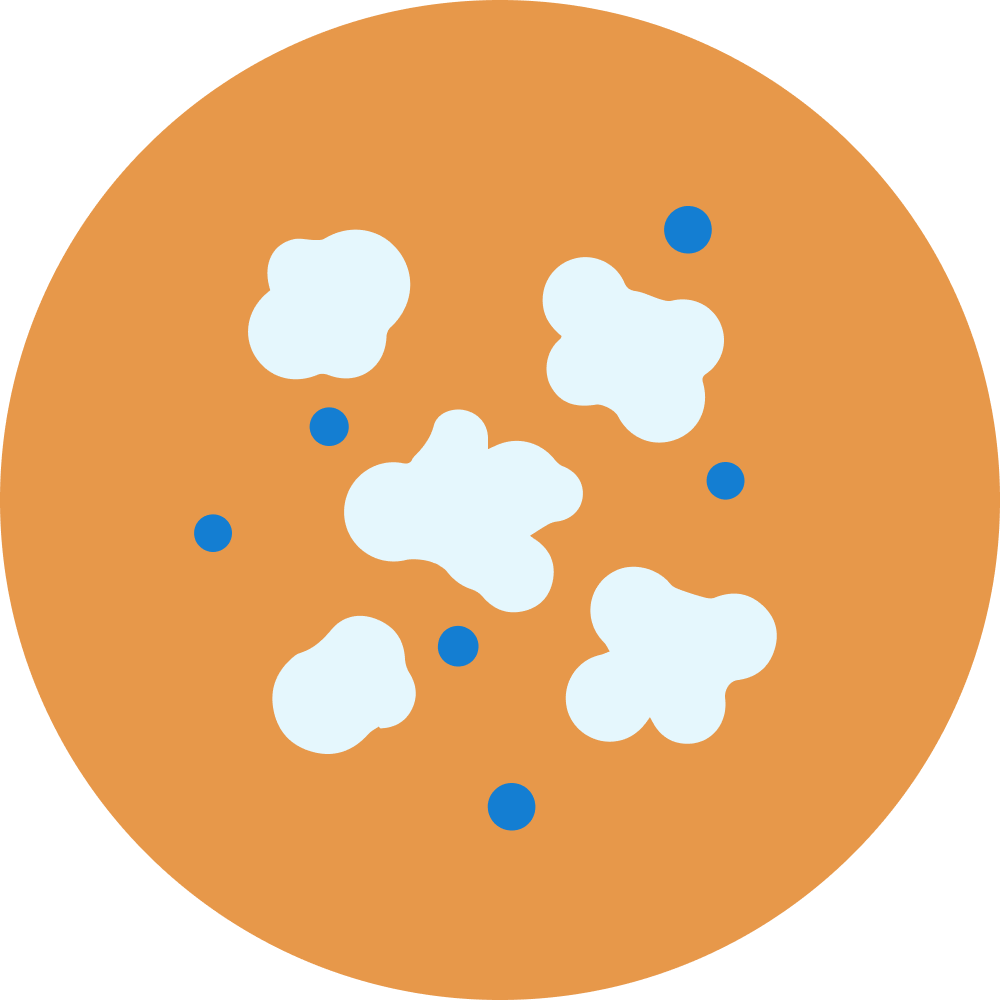
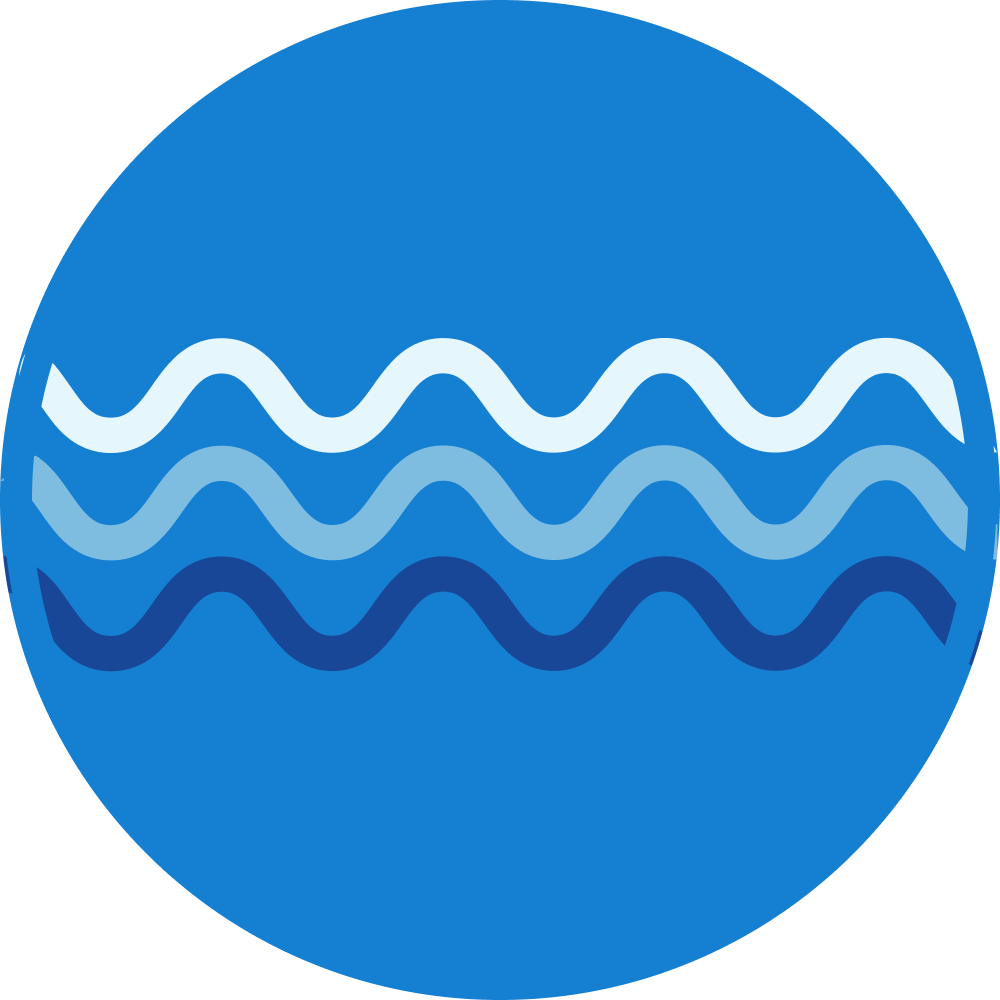
 Please wait...
Please wait...